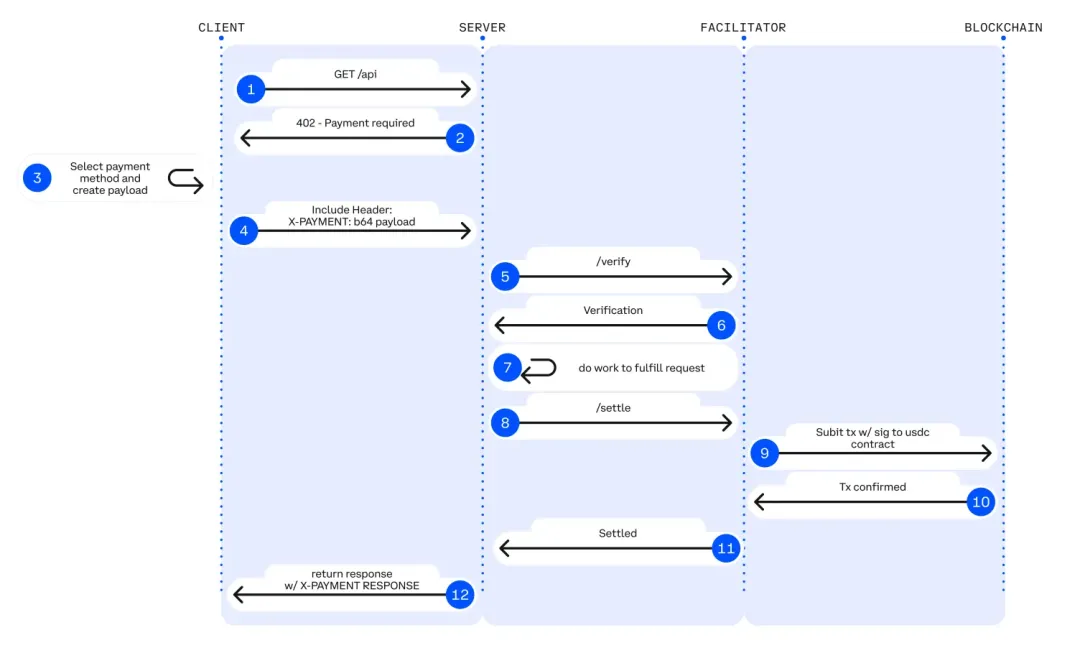Bitcoin Developer Soft Fork Proposal Sparks Controversy Over Legal Threat Language
According to Cointelegraph, a Bitcoin improvement proposal for a soft fork published on Friday sparked controversy within the community. Core developer Luke Dashjr created the proposal to restrict data in Bitcoin transactions through a one-year temporary soft fork. The proposal aims to address concerns about bad actors embedding illegal content into the blockchain following the Bitcoin Core v30 update.
The proposal states on line 261 that "there is a moral and legal impediment to any attempt to reject this soft fork." Lines 270 through 272 further clarify that "rejecting this soft fork may subject you to legal or moral consequences, or could result in you splitting off to a new altcoin like Bcash." The proposal represents the latest development in the Bitcoin Core versus Knots debate about whether non-financial transactions should be filtered from the network.
Bitcoinist reports the proposal was submitted on October 24, 2025, to the Bitcoin Improvement Proposals repository as "Reduced Data Temporary Softfork." The document was authored by contributor "dathonohm" and cites an earlier mailing-list concept from Luke Dashjr. The pull request includes two activation paths described as "proactive" and "reactive."
Why This Matters
The proposal language drew immediate criticism from developers and community members who view it as threatening. Ben Kaufman, a software engineer, called a "fork under the threat of legal consequences is the most clear case of an attack on Bitcoin." Cryptographer Peter Todd stated it appears "clear he expects his soft-fork to get adopted due to legal threats." Galaxy Digital's Alex Thorn agreed the proposal is "explicitly an attack on Bitcoin, however, it's also incredibly stupid."
According to The Block, critics argue that restricting data contradicts Bitcoin's core principle of permissionless use. User Leonidas from the Ordinals community claimed in September that miners representing more than half of Bitcoin's hash rate would accept any consensus-valid transactions with appropriate fees attached. Some community members warned that if miners and users split over activation, the network could face a chain split.
The controversy reflects tensions over Bitcoin's purpose as some users argue the liability reference pertains to potential criminal exposure from illegal blockchain content. Dashjr responded to criticism by posting the proposal "doesn't say that" about making rejection illegal. He suggested proposing a clarification if the language appears unclear. We recently reported that 15 US states are moving forward with plans for Bitcoin reserves, demonstrating growing institutional interest even as internal governance debates continue.
Industry Implications
The soft fork debate exposes deeper divisions about Bitcoin's evolution and governance structure. Peter Todd claims he recorded a transaction containing the entire text of the proposed fork that remains "100% standard and fully compatible" with the improvement proposal. This development suggests the technical solution may already face workarounds before implementation. BitMEX Research warned that malicious actors could exploit the proposal by placing illegal content onchain to trigger reorganizations and succeed with double-spend attacks.
The controversy arrives as Bitcoin governance processes face increased scrutiny. The proposal has not yet been distributed to the Bitcoin Development Mailing List, a necessary step for gathering feedback and moving toward acceptance. Dashjr stated the soft fork is "on track with no technical objections" according to his assessment. The debate continues across forums and social media platforms.
The proposal affects protocols that use witness or script space for non-monetary payloads, particularly Ordinals-style inscriptions. If adopted, the temporary fork would shut down certain data storage methods for its duration. Critics frame this as protocol-level censorship while supporters view it as necessary security measures. The absence of consensus on fundamental questions about Bitcoin's purpose reflects broader challenges facing decentralized networks as they scale. The outcome will likely influence future governance discussions and set precedents for how controversial protocol changes are evaluated and implemented.
Disclaimer: The content of this article solely reflects the author's opinion and does not represent the platform in any capacity. This article is not intended to serve as a reference for making investment decisions.
You may also like
IOSG Weekly Brief|x402 - A New Standard for Crypto Payments by Digital Agents
x402 is a revolutionary open payment standard that activates the HTTP 402 status code to embed payment functionality at the Internet protocol layer. This enables native payment capabilities between machines, driving the transformation of the Internet from an information network to a machine economy network, and creating a value transfer infrastructure for AI agents and automated systems without the need for human intervention.

Exclusive Interview with Aptos Founder Avery Ching: Not a General-Purpose L1, Focusing on a Global Transaction Engine
Aptos is not positioned as a general-purpose L1, but rather as a home for global traders, focusing on being a global trading engine.
Pharos adopts Chainlink CCIP as cross-chain infrastructure and utilizes Data Streams to empower the tokenized RWA market
Pharos Network, a programmable open finance Layer-1 blockchain, announced the adoption of Chainlink CCIP as its cross-chain infrastructure and the use of Chainlink Data Streams to provide sub-second low-latency market data. Together, they aim to build a high-performance, enterprise-grade tokenized RWA solution to drive the large-scale development of institutional asset tokenization.
XRP Holds Strong Above $2.60 as Buyers Maintain Upward Momentum
